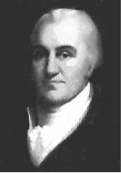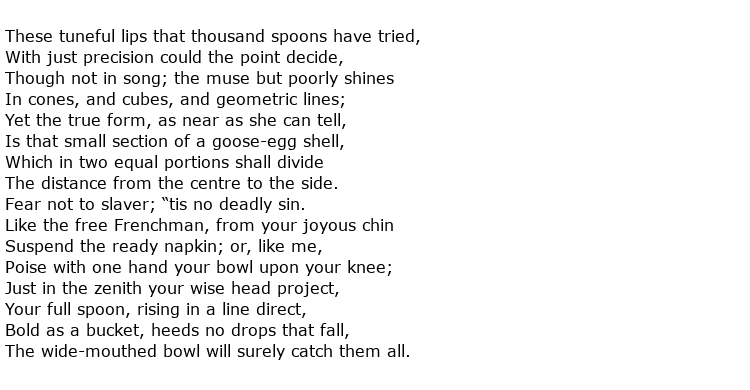 Joel Barlow was an American poet who was well known for two epic, somewhat controversial, pieces of work concerning Christopher Columbus. Vision of Columbus ran to nine books and later he expanded on the original to produce The Columbiad which was ten books in length. None of this work was particularly popular at the time and, in fact, attracted ridicule from many quarters. As well as being a prolific writer Barlow was also a diplomat and politician who travelled to Europe often on diplomatic missions of great importance. On one visit he spent time with the temporarily imprisoned Thomas Paine, the “Father of the United States”, and he assisted Paine with his writing of the great work Age of Reason.
Joel Barlow was an American poet who was well known for two epic, somewhat controversial, pieces of work concerning Christopher Columbus. Vision of Columbus ran to nine books and later he expanded on the original to produce The Columbiad which was ten books in length. None of this work was particularly popular at the time and, in fact, attracted ridicule from many quarters. As well as being a prolific writer Barlow was also a diplomat and politician who travelled to Europe often on diplomatic missions of great importance. On one visit he spent time with the temporarily imprisoned Thomas Paine, the “Father of the United States”, and he assisted Paine with his writing of the great work Age of Reason.
Joel Barlow was born in March 1754, in the Connecticut town of Redding. His education included spells at Dartmouth College and Yale University and he wrote an anti-slavery poem while at Yale called The Prospect of Peace. He served as a brigade chaplain in Massachusetts towards the end of the revolutionary war and then moved back to his home state where, in 1784, he established a weekly paper called the American Mercury in the town of Hartford. Two years later he was admitted to the bar.
While in Hartford he was one of the so-called “Hartford Wits” which included writers such as John Trumbull and Lemuel Hopkins. They worked on a number of satirico-political papers and Barlow was thus inspired to begin his work on The Vision of Columbus in 1787. This work ended twenty years later when he completed the updated version, the Columbiad. On a much lighter theme though he was perhaps better known for a mock-heroic poem called Hasty Pudding which was published in 1793. This is also a long piece of work, in three cantos, and here is a “taste of the pudding” – the last few lines:

In his diplomatic life Barlow travelled widely in Europe and spent a number of years living in France. He was never far from controversy, a good example being in the drafting of the Treaty of Tripoli. Here he added the highly controversial and disputed phrase:

He worked tirelessly to encourage Europeans, especially the French, to emigrate to America. This was during the Reign of Terror and his political views were staunchly republican while there. In London he offered his views on changing the constitution and wrote a controversial set of radical essays called Advice to the Privileged Orders in 1792. Not surprisingly the British government proscribed this work. The same year the French government made him a citizen of France.
In 1811 Barlow became American Minister Plenipotentiary to France and his first task was to conduct negotiations with the Emperor Napoleon on commercial rights. Unfortunately a meeting never took place as the French army were in retreat from Eastern Europe and Barlow, caught up in this movement, contracted pneumonia in the small Polish village of Żarnowiec which lies between Warsaw and Kraków. He did not recover from the illness.
Joel Barlow died at Christmas 1812 aged 58.

